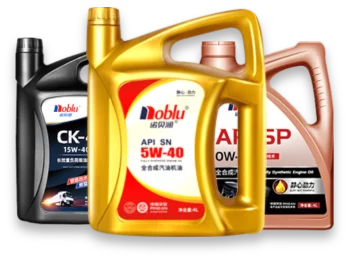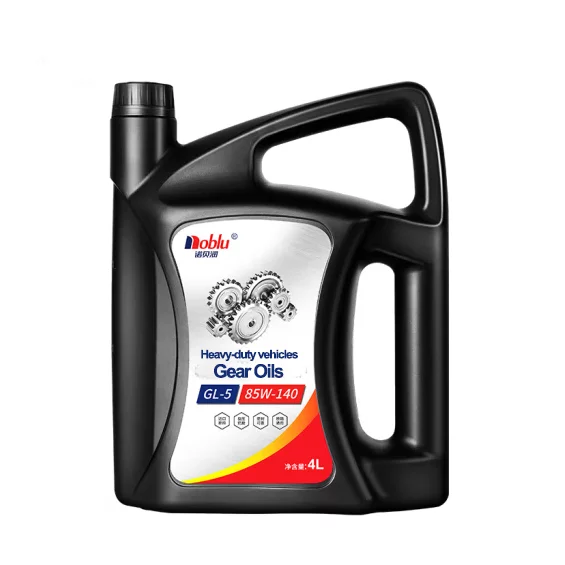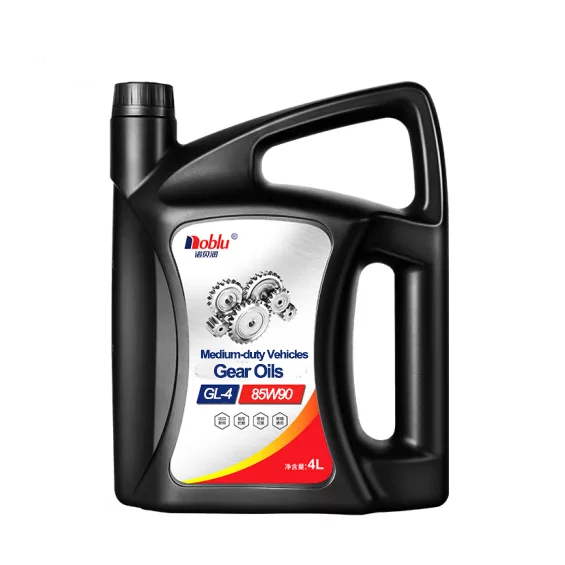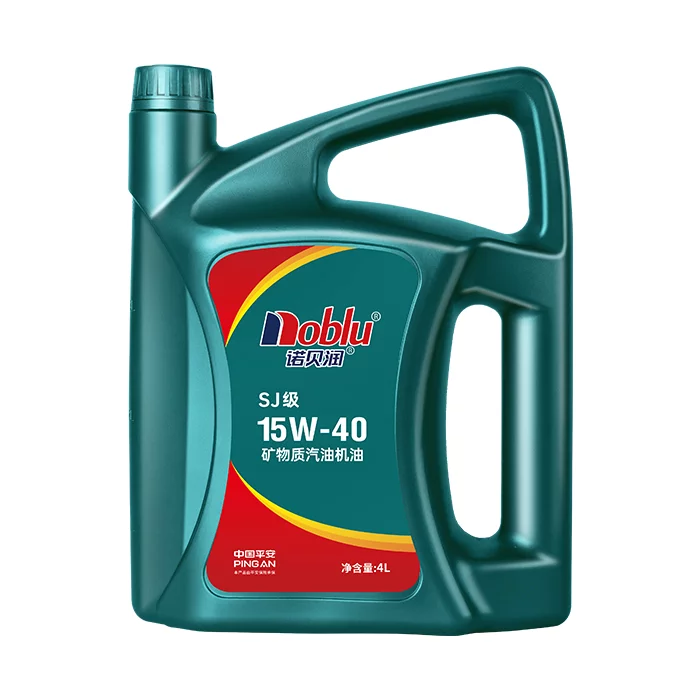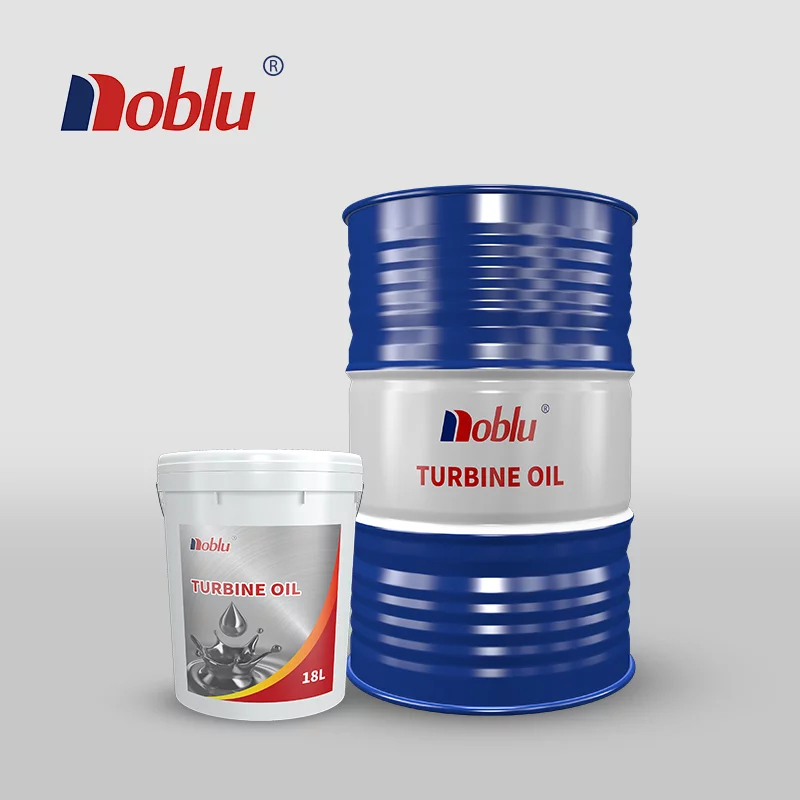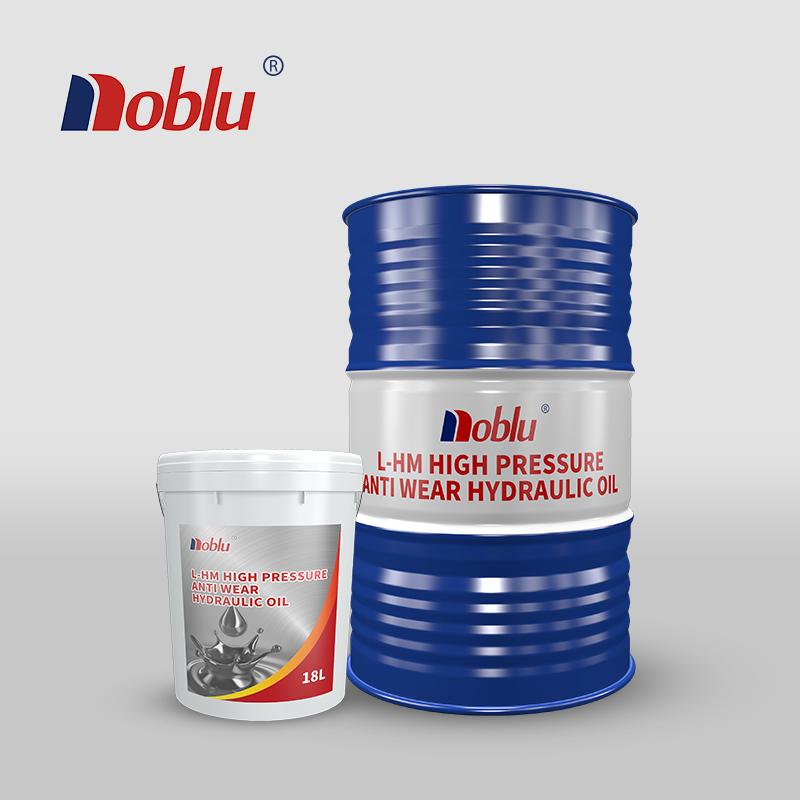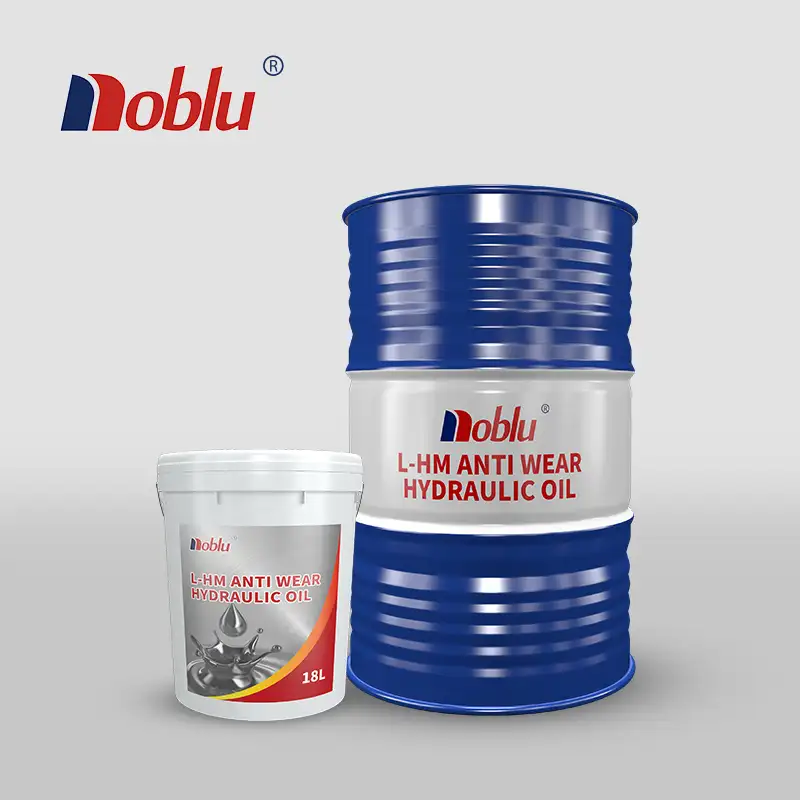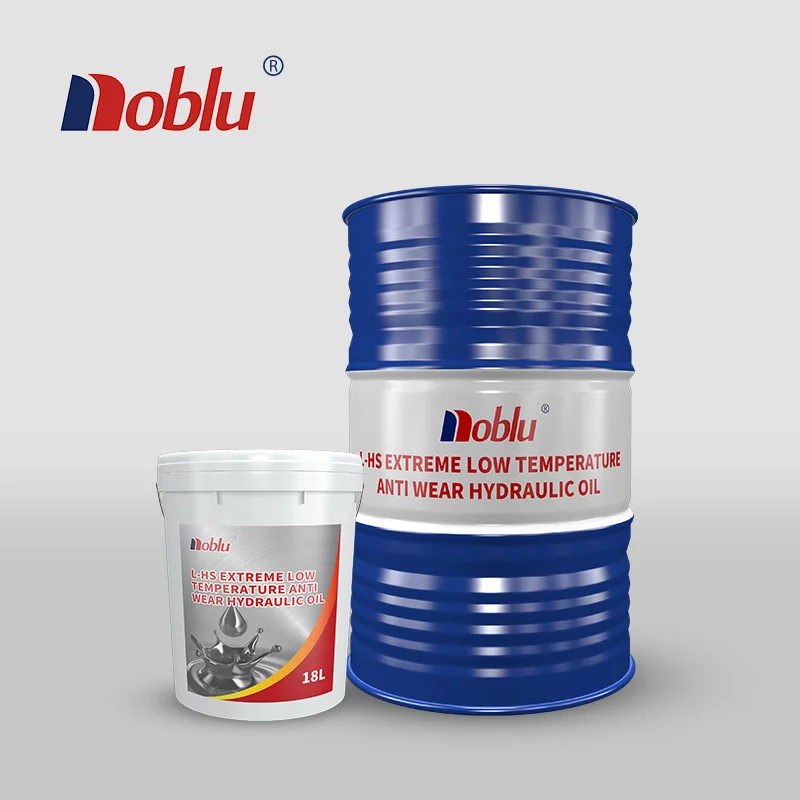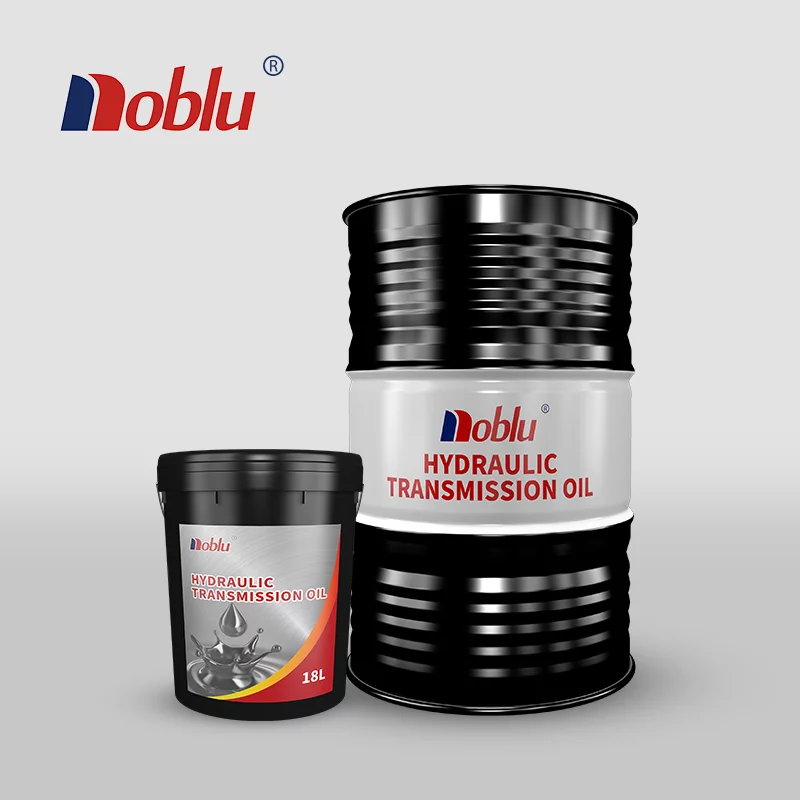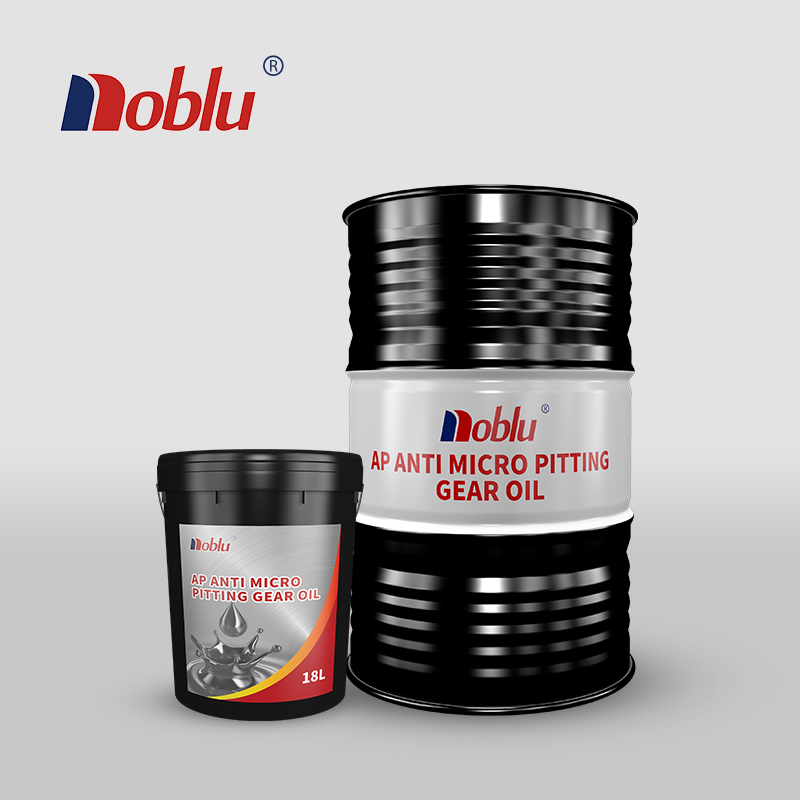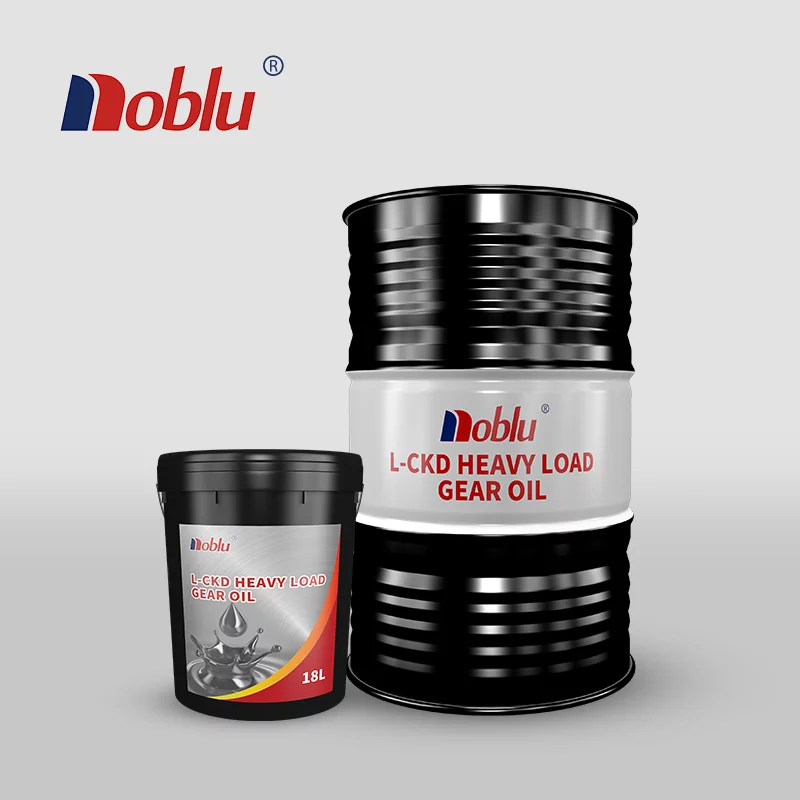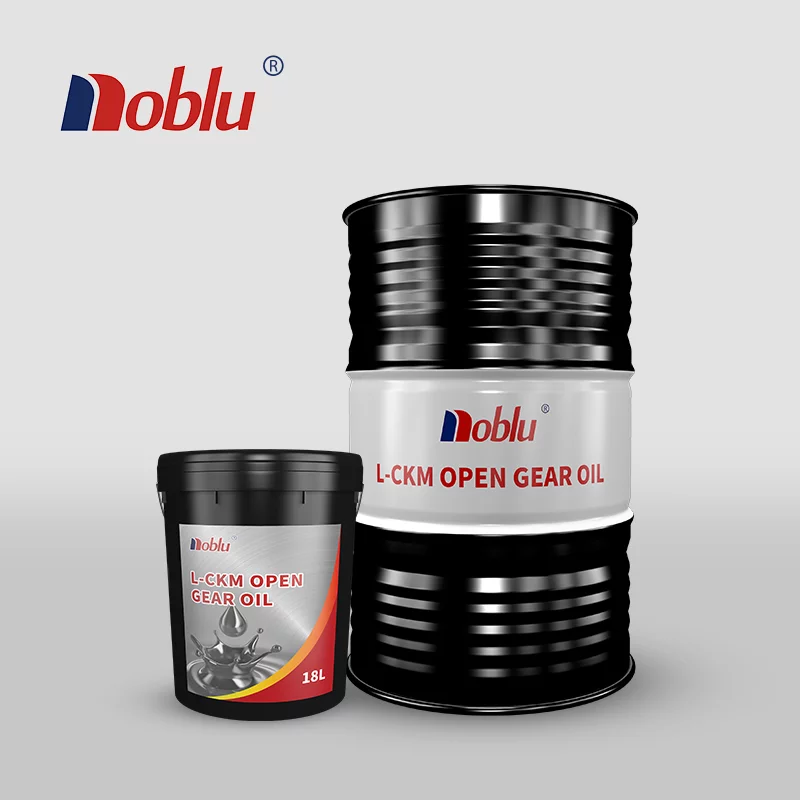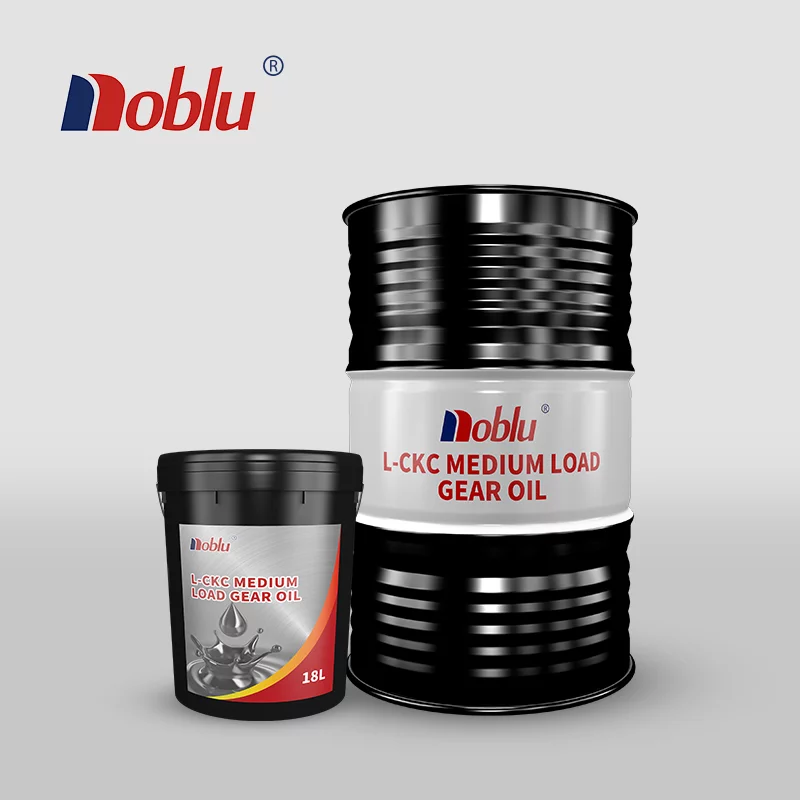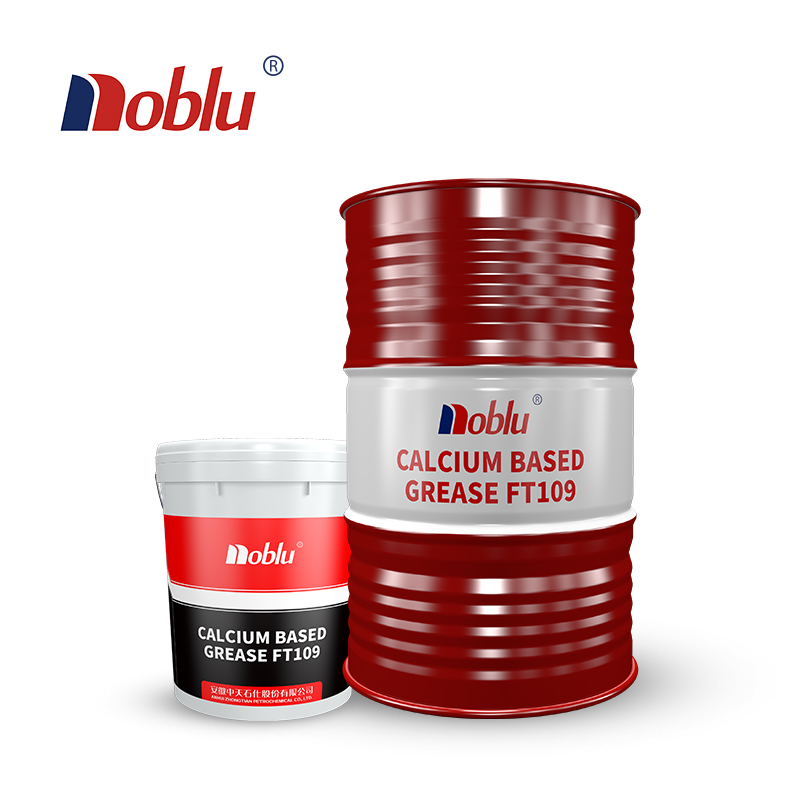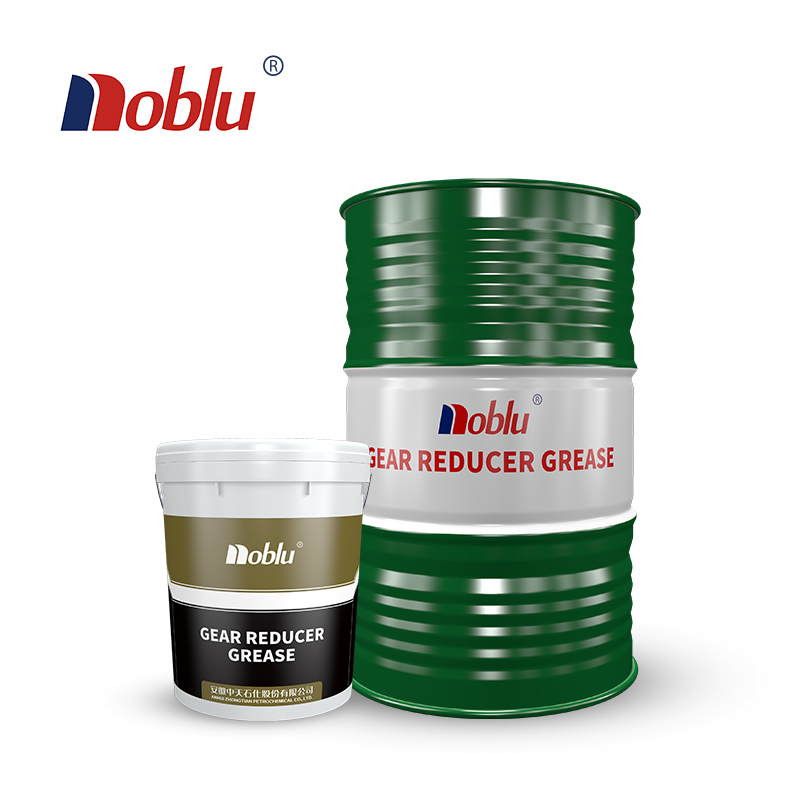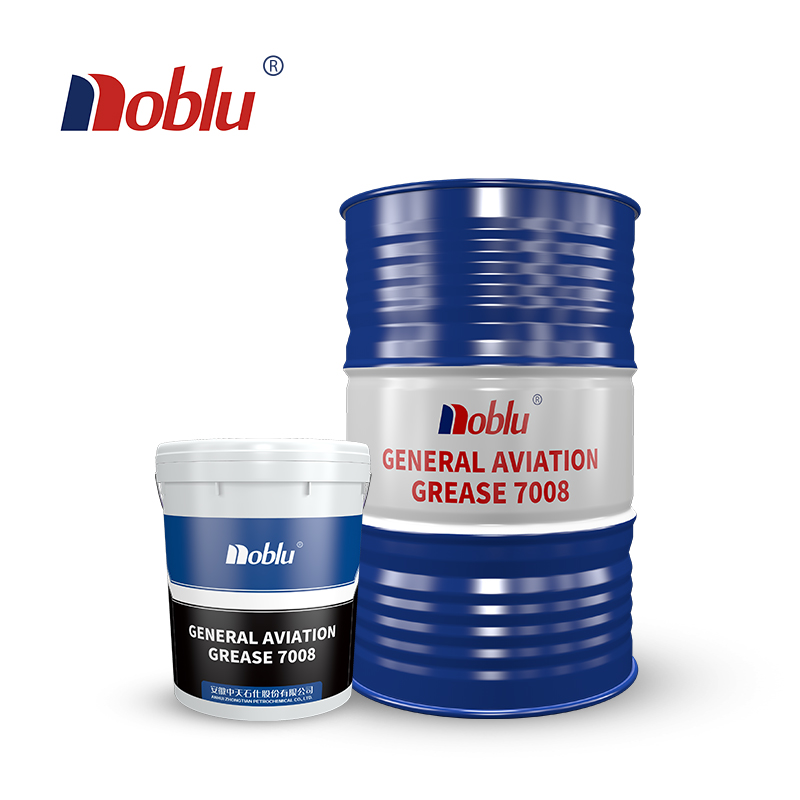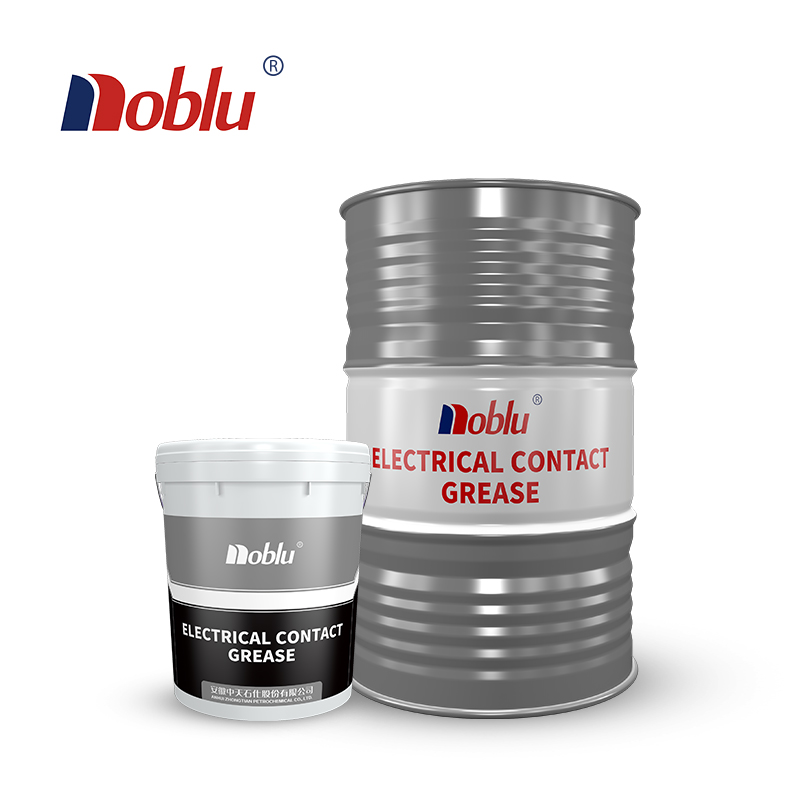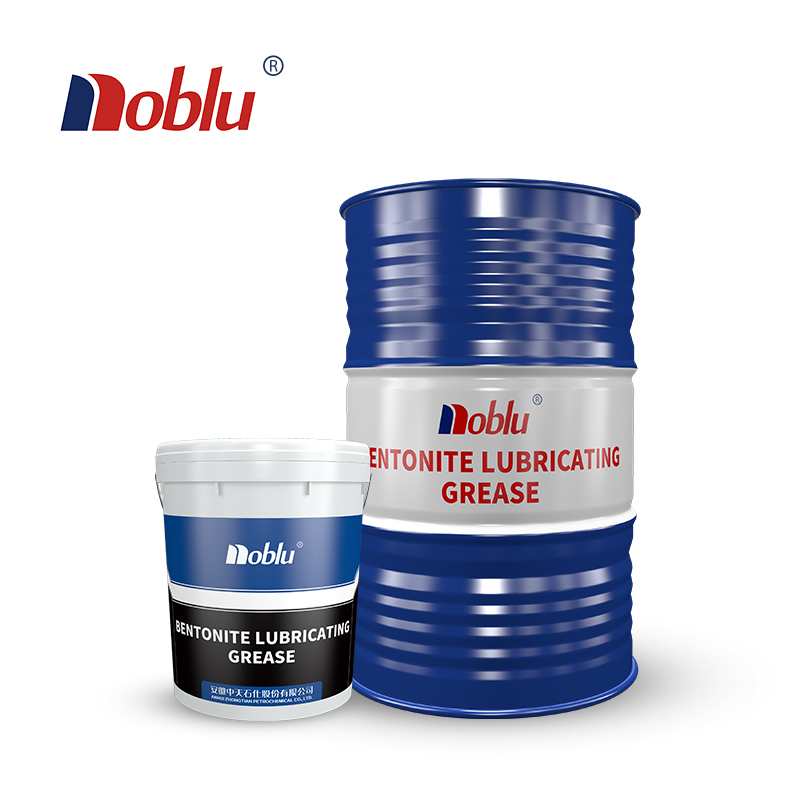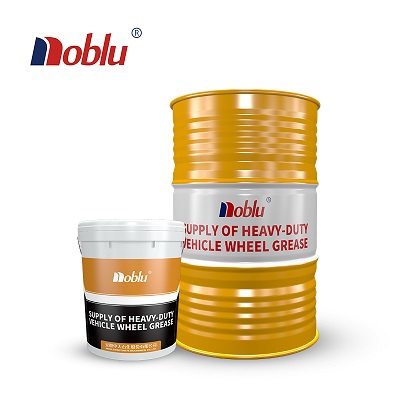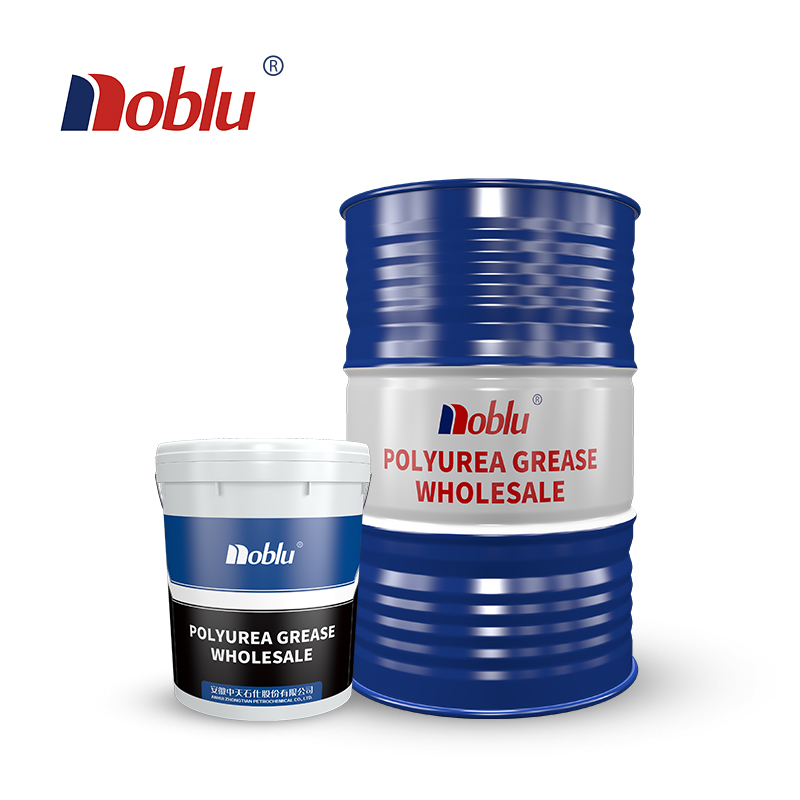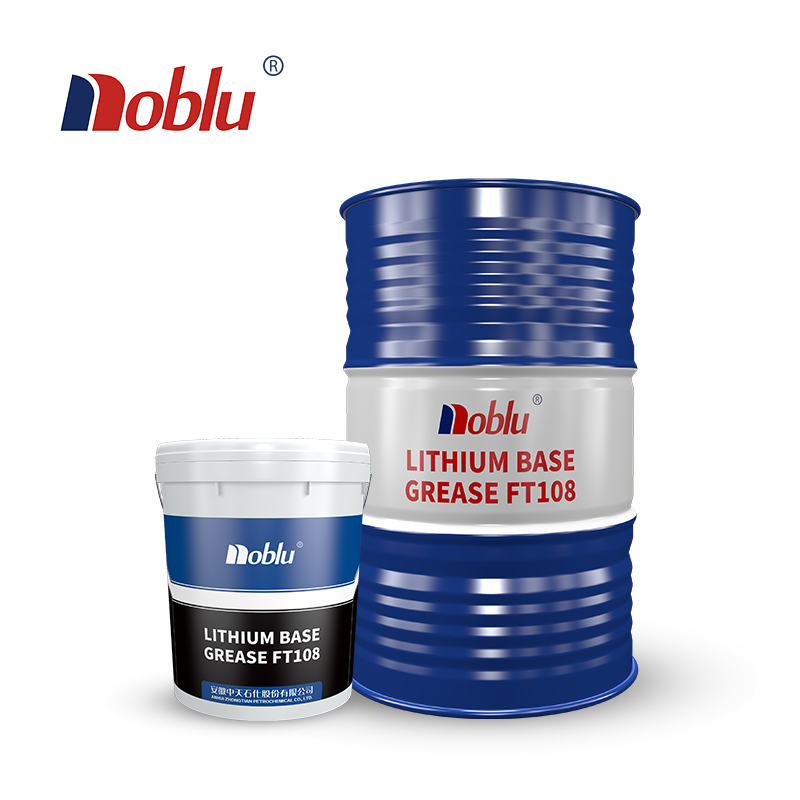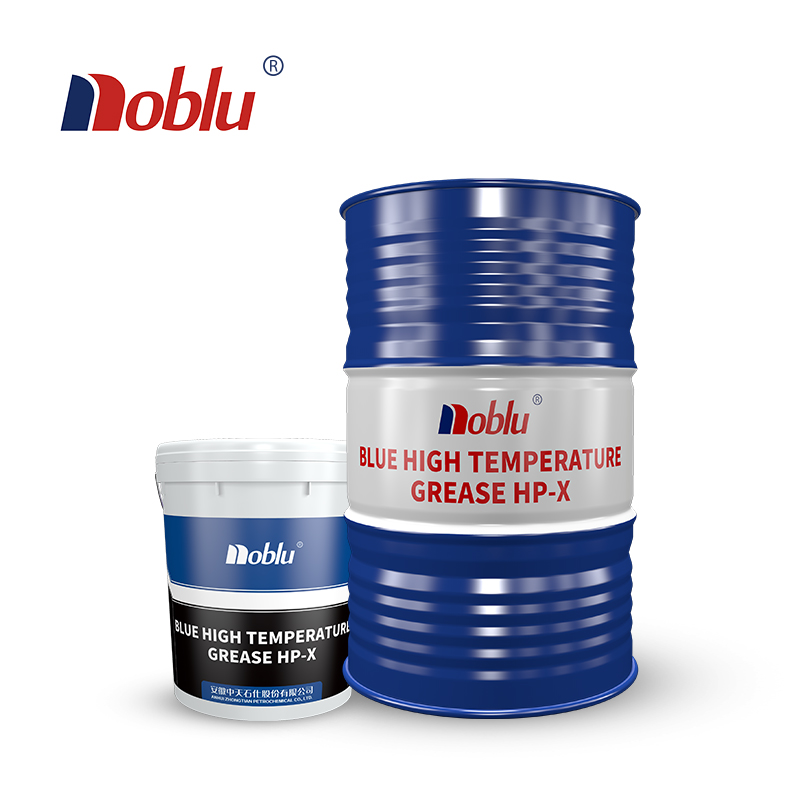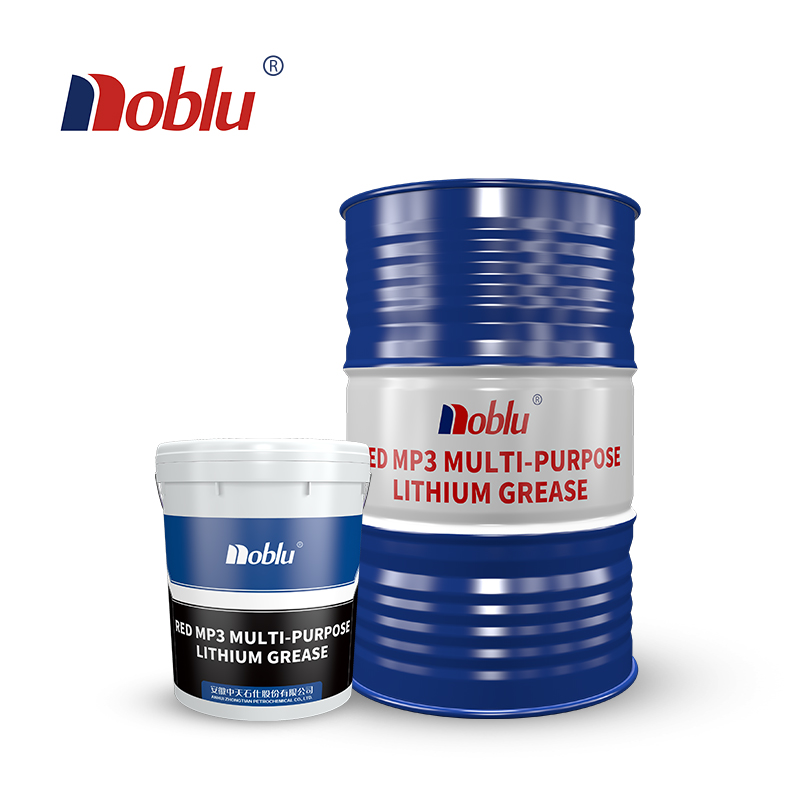Grease is the lifeblood of heavy machinery, ensuring smooth operation and longevity. Choosing the correct grease for your equipment is crucial, as it directly impacts performance, maintenance intervals, and overall reliability. Here’s a comprehensive guide to help you navigate the process of selecting the right grease for heavy machinery:
1.Understand Your Machinery Requirements
Different types of heavy machinery have varying operating conditions and requirements. Consider factors such as:
- Load and Pressure: Heavy machinery often operates under extreme loads and pressures, necessitating a grease with high load-carrying capacity.
- Speed and Temperature: Machinery operating at high speeds or in extreme temperature conditions requires a grease that can maintain viscosity and lubricating properties.
2.Types of Grease
There are several types of grease formulations available, each designed for specific applications:
- Lithium-Based Grease: Commonly used for general-purpose applications due to its versatility and moderate performance across different conditions.
- Calcium-Based Grease: Suitable for applications where water resistance and anti-corrosion properties are essential, such as agricultural and construction machinery.
- Complex Soap Grease: Offers improved performance at high temperatures and under heavy loads, making it ideal for industrial machinery.
3.Consider the Environment
The operating environment greatly influences grease selection:
- Water Resistance: For machinery exposed to water or moisture, waterproof greases like calcium-based or aluminum complex greases are suitable.
- High Temperatures: Machinery operating in high-temperature environments benefits from greases with synthetic base oils or those specifically formulated for high heat resistance.
4.Consult Manufacturer Recommendations
Always refer to the machinery manufacturer’s guidelines and recommendations for grease types and intervals. They provide valuable insights into the specific needs and performance expectations of your equipment.
- Apply Sparingly: Over-greasing can attract more dirt and debris, leading to accelerated wear. Apply grease in moderate amounts.
- Regular Maintenance: Schedule regular inspections and re-greasing intervals based on the manufacturer’s recommendations and usage conditions.
Popular Types of Caster Grease
5.Performance Specifications
Check for industry and equipment-specific performance specifications:
- NLGI Grade: The National Lubricating Grease Institute (NLGI) grade denotes the grease’s consistency. Choose the appropriate NLGI grade based on your machinery’s requirements.
- EP (Extreme Pressure) Properties: Ensure the grease can withstand extreme pressure conditions to prevent wear and failure under heavy loads.
6.Performance Specifications
Once you’ve selected the appropriate grease, establish a regular maintenance schedule:
- Relubrication Intervals: Determine the frequency of greasing based on operating conditions, load factors, and manufacturer recommendations.
- Condition Monitoring: Implement methods to monitor grease condition and equipment performance, such as visual inspections and oil analysis.
7.Storage and Handling
Proper storage and handling are crucial to maintaining grease effectiveness:
- Storage Conditions: Store grease in a cool, dry place away from contaminants and direct sunlight to preserve its properties.
- Appropriate Dispensing: Use clean dispensing equipment to avoid introducing contaminants into the grease.
8.Review and Adjust
Regularly review equipment performance and adjust grease selection or application methods if necessary. Factors such as changes in operating conditions or equipment modifications may warrant adjustments.
Choosing the right grease for heavy machinery involves understanding the unique demands of your equipment and selecting a grease that meets those requirements effectively. By following these guidelines and leveraging manufacturer recommendations, you can ensure optimal performance, reduce downtime, and extend the service life of your valuable machinery. Grease may seem like a small component, but its impact on heavy machinery operation is significant—choose wisely!
Remember, when in doubt, consult with lubrication specialists or your equipment manufacturer to make informed decisions about grease selection and maintenance practices.

